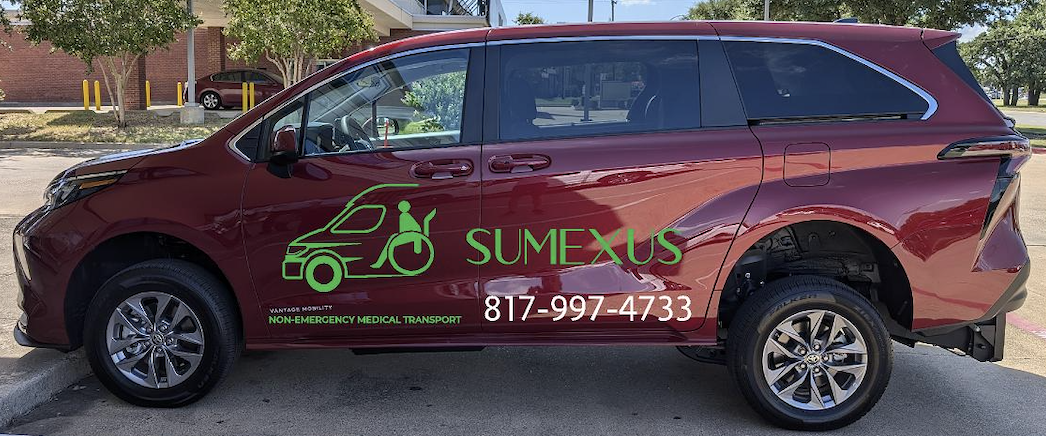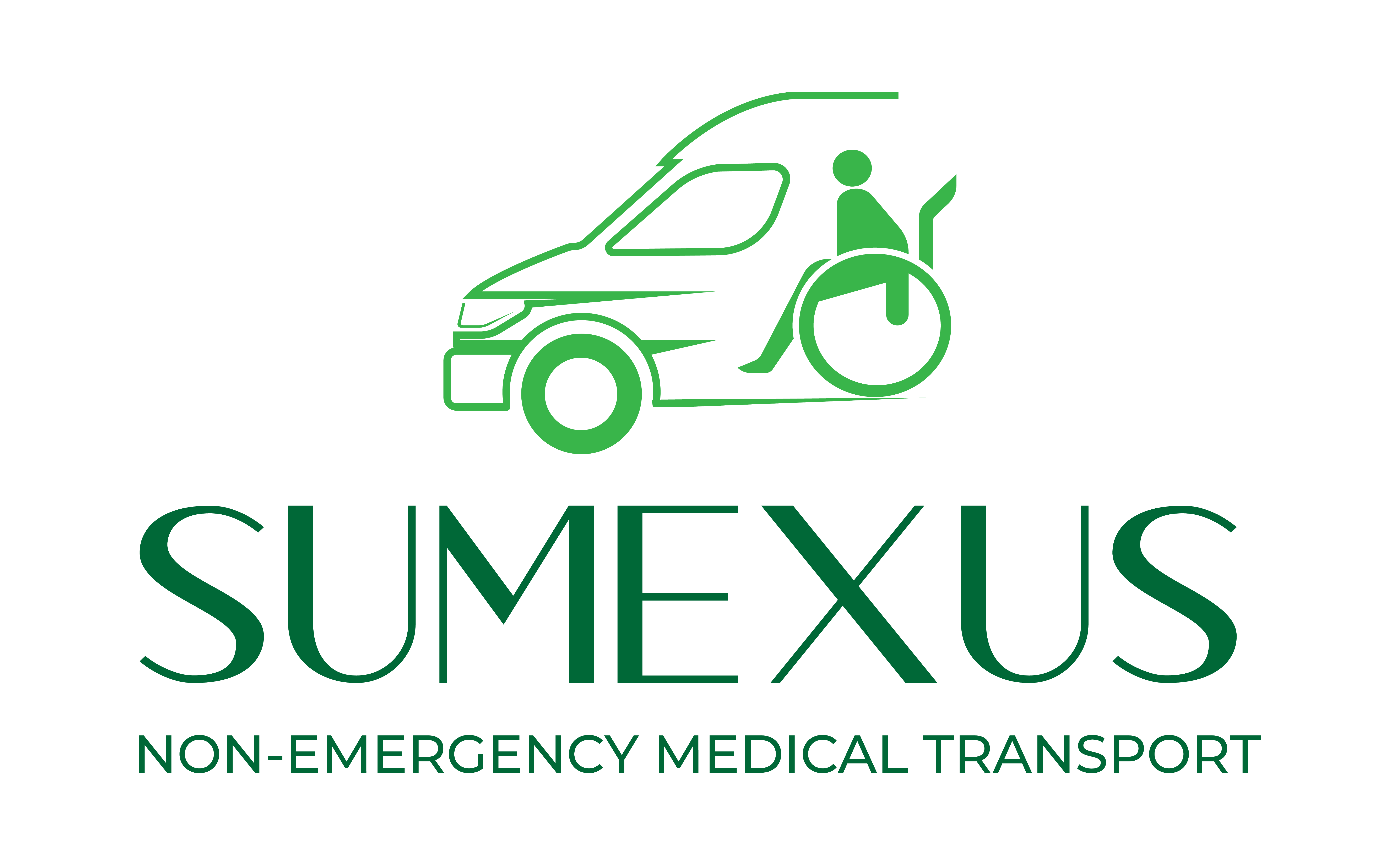Understanding Non-emergency Medical Transport: A Vital Service For Accessible Healthcare

In the realm of healthcare services, non-emergency medical transport (NEMT) plays a crucial role in ensuring that individuals who need medical attention can access it safely and reliably. Unlike emergency medical transport, which is designed for urgent and life-threatening situations, NEMT provides transportation for individuals who need assistance in reaching medical appointments, treatments, or other healthcare-related services in a non-urgent context. This service is vital for maintaining continuity of care and improving health outcomes, especially for those who face mobility challenges or lack reliable transportation options.
What is Non-Emergency Medical Transport?
Non-emergency medical transport refers to the organized transportation provided to patients who need to attend medical appointments but do not require emergency medical care. This service is designed for individuals who have medical conditions that limit their ability to use conventional means of transportation. Examples include seniors with limited mobility, individuals with chronic illnesses, or those recovering from surgery.
The primary purpose of NEMT is to bridge the gap between the patient and the healthcare provider. It ensures that patients can attend routine check-ups, follow-up visits, physical therapy sessions, or other necessary treatments without undue stress or inconvenience. This transportation can be provided by a variety of vehicles, including specialized vans equipped with wheelchairs and other accessibility features, taxis, or even personal vehicles with a driver.
Who Benefits from NEMT?
Several groups benefit from non-emergency medical transport. Elderly individuals, for instance, often face challenges related to mobility and transportation. For them, NEMT can be a lifeline, facilitating access to necessary medical services while ensuring safety and comfort. Similarly, individuals with disabilities or chronic conditions may find traditional transportation methods insufficient for their needs. NEMT offers a tailored solution that accommodates their specific requirements.
Moreover, NEMT is crucial for low-income individuals who may not have access to reliable transportation. For many, the cost of owning and maintaining a vehicle can be prohibitive, and public transportation may not always be accessible or convenient.
How NEMT Services Work
The process of using non-emergency medical transport typically involves a few key steps. Patients or their caregivers need to schedule the transportation in advance, providing details about the pick-up location, destination, and any special requirements. Depending on the service provider, appointments can be made through a phone call, online platform, or via a healthcare provider's office.
Once scheduled, the transportation service will arrange for a vehicle that meets the patient’s needs. For example, a patient requiring a wheelchair might be provided with a van equipped with a ramp or lift. On the day of the appointment, the driver will arrive at the designated time and assist the patient with boarding the vehicle. After the medical appointment, the driver will return the patient home, ensuring they get back safely.
The Impact of NEMT
The availability of non-emergency medical transport has significant implications for public health. By removing barriers to accessing healthcare, NEMT helps ensure that patients do not miss important appointments, which can be critical for managing chronic conditions or recovering from illness. This, in turn, can lead to better health outcomes, reduced hospital readmissions, and overall improved quality of life for individuals who might otherwise struggle to receive consistent medical care.
In conclusion, non-emergency medical transport is more than just a logistical service; it is a fundamental component of a comprehensive healthcare system. By providing reliable, accessible transportation, NEMT helps bridge gaps in care, supports patient independence, and enhances overall health outcomes. As healthcare needs evolve and the population ages, the importance of NEMT services is likely to grow, underscoring the need for continued investment and innovation in this essential area of healthcare support.
